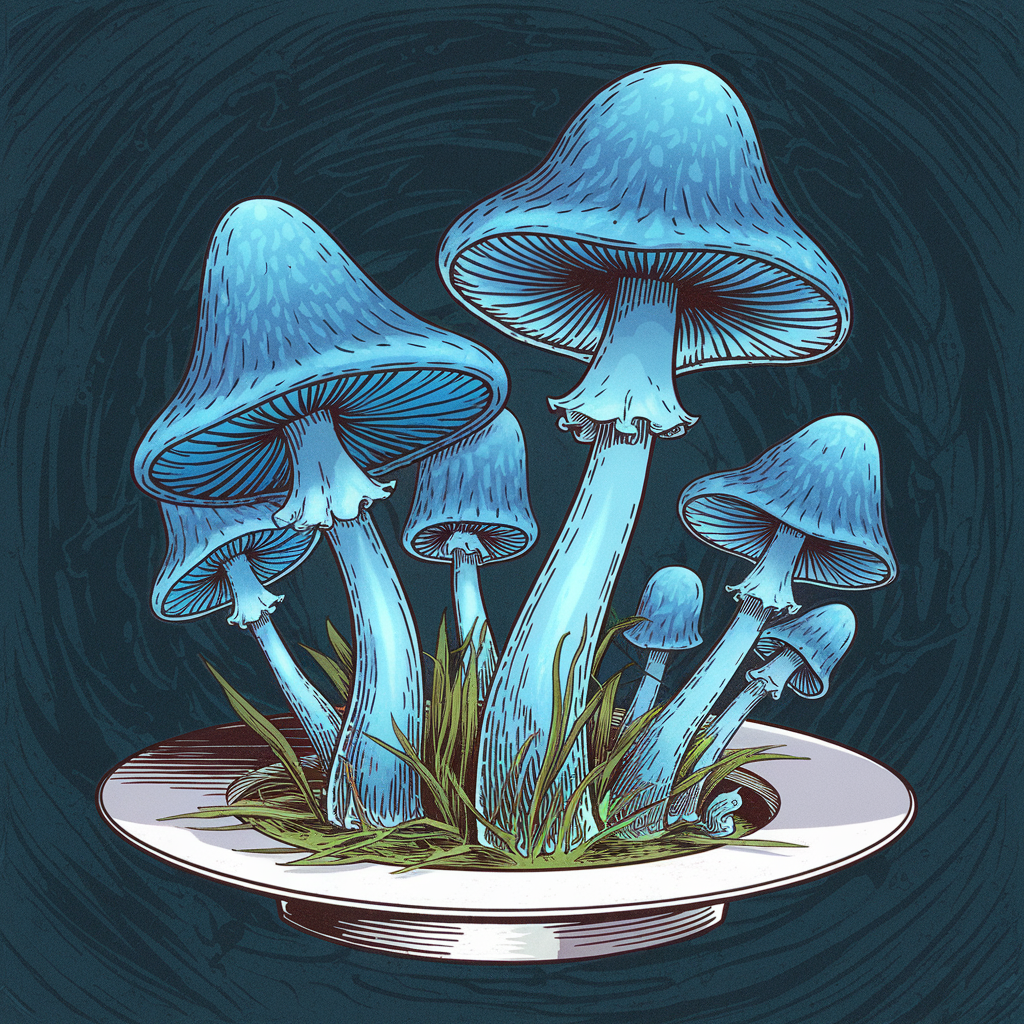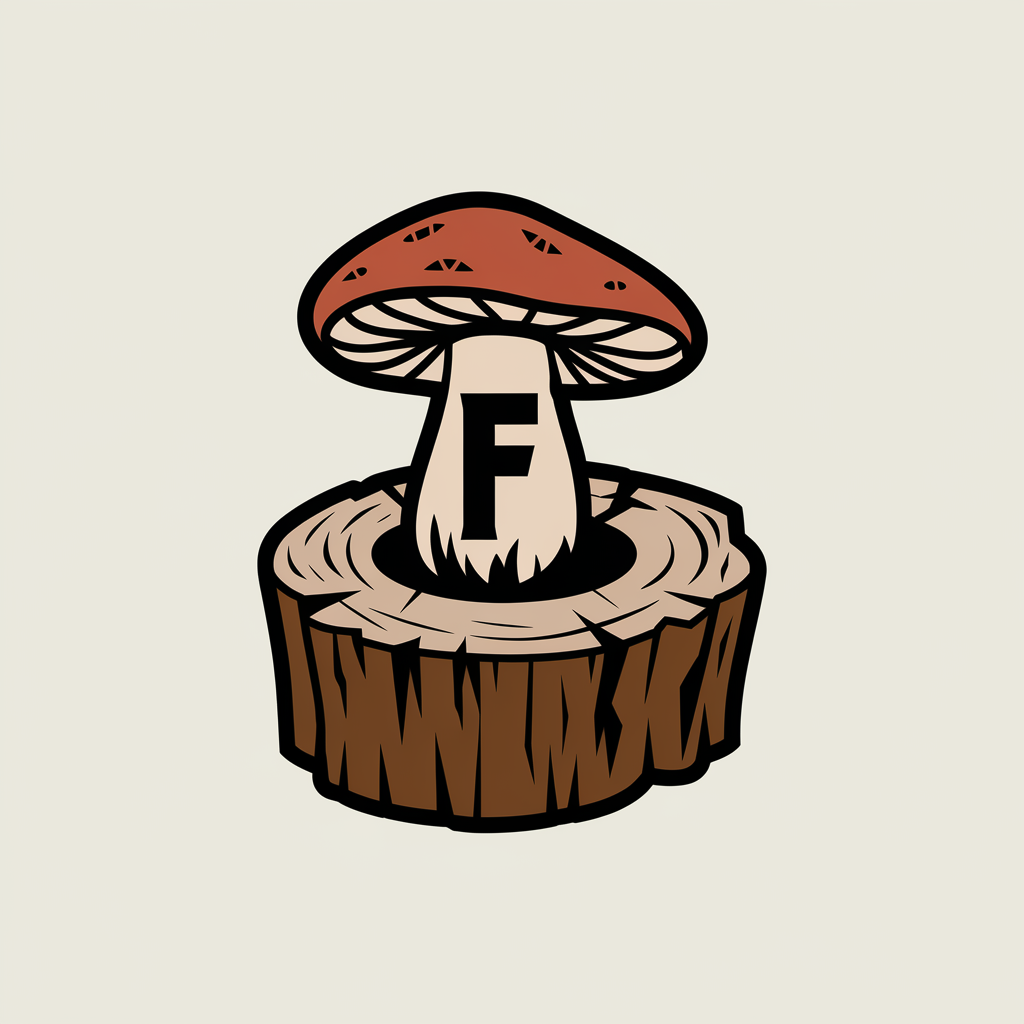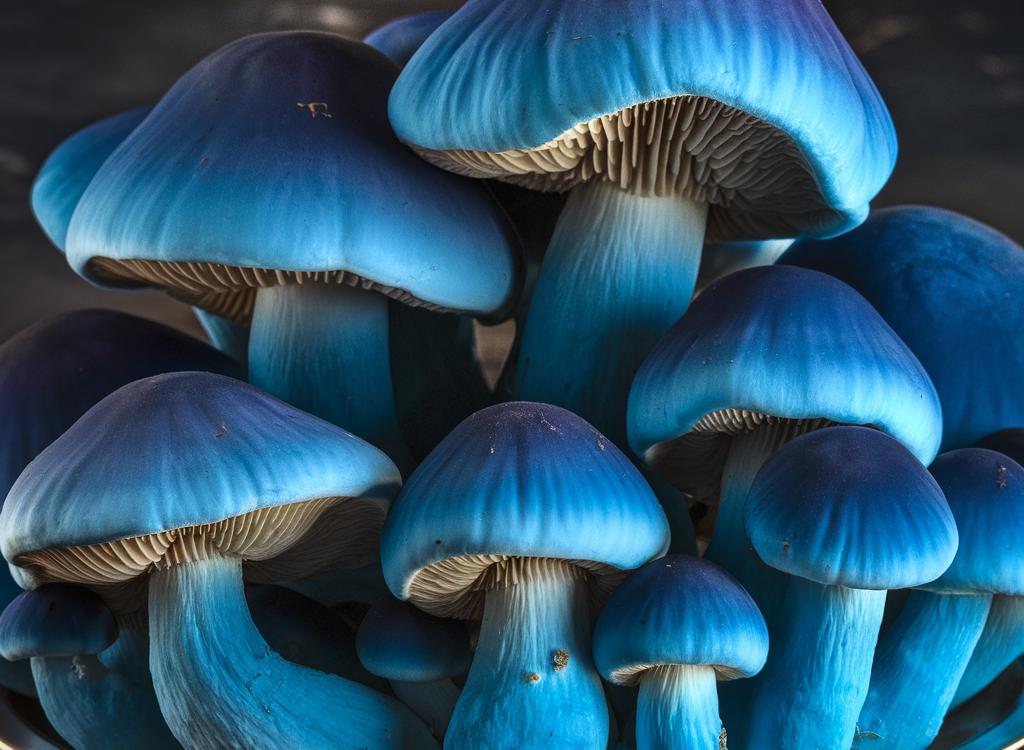Before magic mushrooms became a phenomenon in the present-day wellness movement, people used them for spiritual and healing purposes. It is now that people’s interest in it has revived as recent studies suggest that psilocybin, active component of magic mushrooms, has the potential to treat diverse mental health issues such as depression and anxiety. Global changes in legislation and acceptance of new norms provide room for these fungi to be incorporated into wellness practices. But what are the reasons for this transformation and how is it impacting the future of mental health? It will address issues concerning the cultural and therapeutic advancement of magic mushrooms.
Historical Context
Throughout history, people have used magic mushrooms for spiritual and even medicinal purposes. You will be surprised to discover that different species of mushrooms have interacted with humans for over hundreds, if not thousands of years. Ancient civilisations ranging from the Aztecs to local tribes across the Siberian region used these mushrooms as a way to achieve trance-like state.
As you search the past, the Aztecs called them ‘teonanacatl’ which means ‘flesh of the gods.’ They were an important aspect in their rituals and ceremonies so that people could meet their gods and the world above.
As for Siberian shamans, they witnessed visions when taking narcotic substances, and were able to assist their people through great unison as they interacted with the spiritual world.
This led many researchers to explore the cultural significance of such mushrooms but it wasn’t until the mid-20th century when westerners first heard of them, thanks to R. Gordon Wasson and his writings. Him and people with similar ideas made people start loving and hating more the mushrooms he has written about.
Many might also be surprised at how magic mushrooms are present in cultures across the globe, throughout the ages magic mushrooms transcended through boundaries and possible shaped many spiritual experiences.
Therapeutic Benefits

While struggling with anxiety and depression is hard for many people, there’s a hope in micro dosage of magic mushrooms, they are able to give such sufferers a light. While traversing through layers of shielded conscience, emotional grievances can heal through personal development with the help of feeling.
Thanks to the psilocybin mushroom, seekers are able to explore deeper facets of their being but also magic mushrooms have been overlooked in terms of treating many illnesses. Imagine living your life without anxiety or depression, without side effects from the usual medically prescribed drugs, and switching to magic mushrooms.
University of Georgia psychology grad students found that those struggling with substance abuse disorder can heal with the help of magic mushrooms. More specifically, the compound psilocybin found in this species of mushrooms allows individuals to break free and let go of unhealthy thought patterns. The better part about it is that the thought patterns can be transformed with the help of other habits that are reasonable and also kept on the track of a new purpose altogether. This can be extremely beneficial for individuals who have always struggled with nicotine and alcohol addiction but haven’t had a great deal of luck with any of the given methods.
When we’re talking specifically about people who are struggling with the aftermath of trauma which can be a event such as war or any other event that qualifies as a traumatic experience so in such cases where the individual is experiencing difficult set of circumstances, PTSD, they can also use the use of magic mushrooms. This is because the substance aids in the absence of emotional trauma of the experience, by helping in the reconstruction of memory making it significantly less painful.
There exists profound insights accompanied by magic mushrooms and a lot of people who have severe pillo-phobia or the anxiety of coming death has stated that they feel at peace after having magic mushrooms, Because this kind of alterations in their consciousness act like as a catalyst directing them to a greater meaning and a much more peaceful life.
On the other hand, particularly compound magic mushroom psilocybin has garnered growing attention in scientific studies. This particular substance affects the brain in various beneficial ways which the body is not able to produce naturally, its almost like a reset for the brain explaining its high potential in science.
The connection between psilocybin and serotonin receptors which are known to affect mood and cognitive processing is studied. This points towards the PTSD, depression and other mental health disorders for which psilocybin can be used as a treatment.
Within the scope of the study, the researchers made vitamins available for enjoyment and relaxation and included this into the clinical trial. The results obtained were encouraging. Thus, among other findings, it was noted that psilocybin affects serotonin receptors, helping to alleviate the experienced symptoms after just a few sessions – once or twice.
It is rather impressive how a single session under supervision of a psychologist can have such a productive impact on the patient.
On two occasions, a group of researchers after first coining the term psycho-sisikotahahat I AI’s pure form layer being recycled, tested it on their patients. In one trial, a group of patients who did not have magic mushrooms were given variety of healthy brain food.
Magical mushrooms would probably help in improving wellbeing therapy, and with furthering research on the topic, we might hear more about magic mushrooms.
Legal Status
Magic mushrooms are regarded as a illegal drug substance in a few countries while a number of countries consider its benefits for medical purposes, magic mushrooms do have some benefits. But generally, the legal status of magic mushrooms is rather contradictory.
In the U.S, for instance, federal law prohibits psilocybin, an element found in magic mushrooms by classifying it as a Schedule I substance together with heroin among others. However, quite a number of states and cities have begun to decriminalize or even, legalise it under certain restrictions.
But if you are in Oregon, you will observe that it has become the first state in the US to approve the use of psilocybin for therapeutic purposes. They are setting up a system in which certified facilitators lead individuals through experiences involving the use of psilocybin.
Colorado came next legalising it and permitting its limited use under certain conditions. At the same time, states like Denver, Oakland and Santa Cruz have made the possession of magic mushrooms or decriminalised it making it one of the least enforced laws.
When you look at an international perspective, states such as Brazil and Jamaica do not make the use of magic mushrooms a crime. Truffles that contain psilocybin can be sold in smart shops in the Netherlands.
Canada has only a few approved medical conditions in which magic mushrooms are allowed. Always review local laws, as such models can be altered in a blink of an eye.
Cultural Acceptance
In Canada, legal models allowing the use of magic mushrooms differ from one country to another, but their growing acceptance within the Canadian population is quite remarkable. The venue in which its use is accepted is expanding greatly with most people becoming aware of them in wellness circles, where they are viewed as not recreational drugs but rather as substances that aid in personal growth and mental health.
Increased consciousness about their benefits is slowly becoming the most acceptable reason for the shift. New research into their use for depression, anxiety, and PTSD seems to be emerging as well.
There’s no denying that you’ve come across movies, or articles for that matter, discussing people’s magic mushroom use and its effects on their lives. With time, these narratives have made it less difficult for people to talk about psychedelics and thus, the stigma regarding them has lessened.
Social media also plays a significant role, as influencers as well as users share their positive experience and acceptance among wider audiences.
Furthermore, various practices around the world have been using psilocybin mushrooms. You are then confronted with the uses of them in practices considered sacred and healing rather than dangerous or illegal.
This counter this broader cultural attitude and facilitates understanding making it easier to tolerate with that kind of culture. It is indeed a very interesting time, where old practices of tradition blend with the dictates of science to reconstruct the cultural present.
Conclusion
Magic mushrooms offer an intriguing avenue to npn-ulcerative colitis patients. If allowed to work with these patients who are otherwise depressed, they will help them get into a positive mental state which will aid in their recovery further. The interview which was done through the University of Melbourne’s Ian Potter Centre does bring chocolate mushrooms into the conversation kindly. Magic mushrooms more than being a tasty treat offer a stunning high with several benefits including being a good antidepressant and showing quite a different promise in treating mental disorders. Returning back to my main point, these mushrooms do free many individuals from the constraints of society as seen in one of the FDA clinical trials on PTSD patients and are definitely going to help make the world a better place according to l the patients treated. In conclusion I am positive it would be a slow and a damaging revolution but with half the world bipolar by the end of the century magic mushrooms do look like they are ready to conquer the world with all they have to offer.


